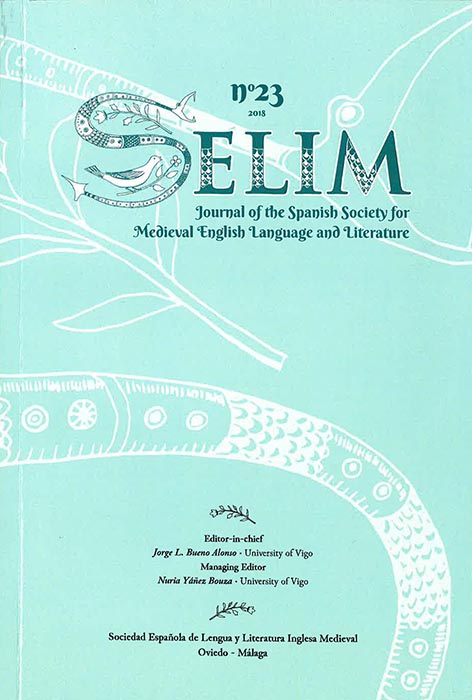Abstract
The paper centres on the ways in which Cognitive Linguistic analytical tools can be employed to analyse changing worldviews in historical narratives. The linguistic material used in the analysis comes from Geoffrey Chaucer’s Legend of Dido, a cautionary tale about how imprudent trust may lead to tarnished reputation. The paper explores the problem of how narrative can serve as a cognitive tool for shaping worldviews held within cultural communities. In particular, it sets out to discuss the cognitive-cultural underpinnings of the poet’s strategies used to tell a fragmentary version of the ancient narrative about Dido and Aeneas. The article investigates how the author’s epistemic stance influences the expression of selected social-cultural categories in the story. Finally, the paper delineates potential contributions of cognitive-cultural research into the field of narrative studies, urging for a more comprehensive recognition of the human factor in both linguistic and literary scholarship.
Keywords: cognitive-diachronic approach to narratives; epistemic perspective; morality; narrative gaps; perspective-taking; worldview
